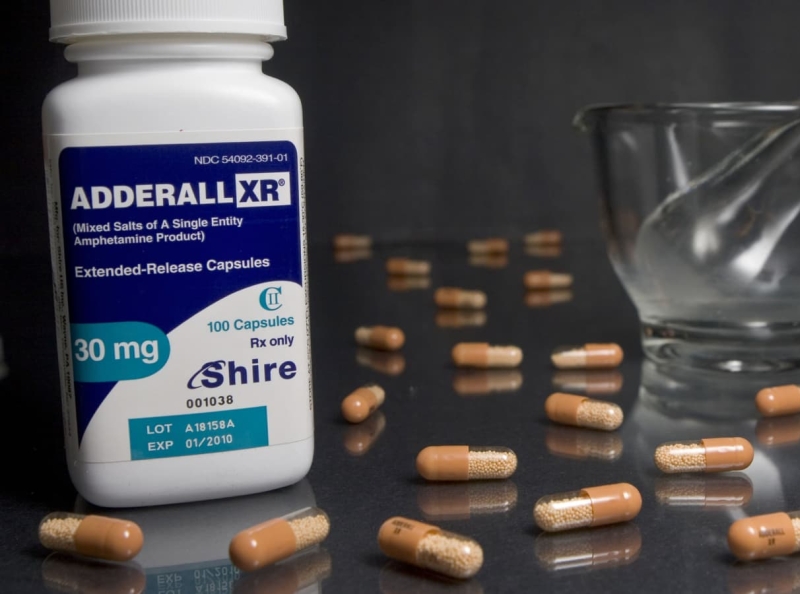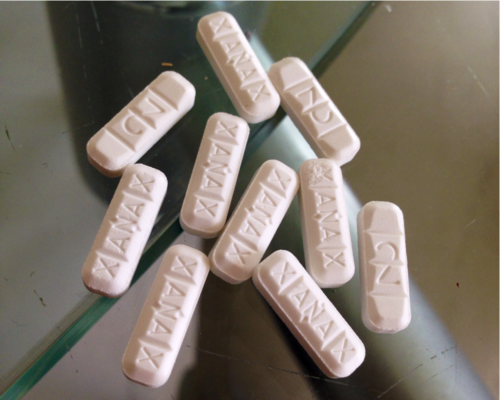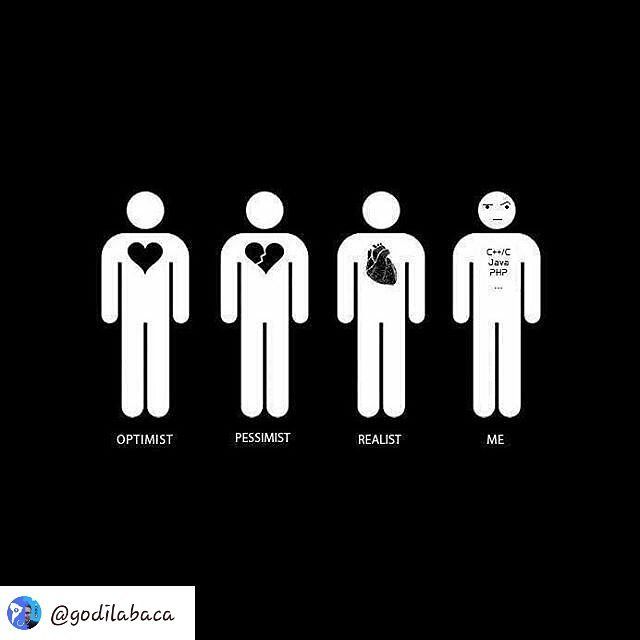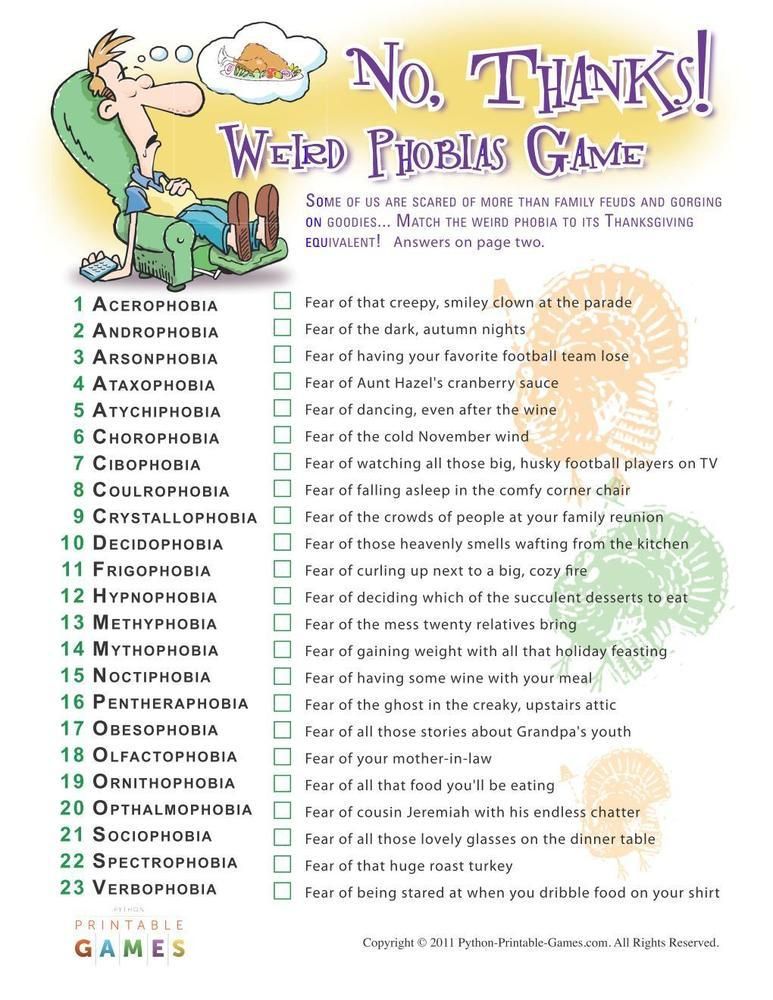Zoloft to treat anxiety
What You Need To Know
Content
- Overview
- What is Zoloft?
- Does Zoloft help with anxiety?
- How long does it take for Zoloft to start working for anxiety?
- How will Zoloft make you feel?
- Potential side effects
- Who shouldn’t take Zoloft?
- Drug interactions
- When you should see your doctor
- The lowdown
If your anxiety is starting to have a serious negative impact on your everyday life, you might want to start looking into medication options.
Zoloft is one anxiety medication that you may have heard of, and it can have impressive effects on mood.
We’ve gathered together everything you need to know about Zoloft to help you make the best decision for your mental health.
Have you considered clinical trials for Anxiety?
We make it easy for you to participate in a clinical trial for Anxiety, and get access to the latest treatments not yet widely available - and be a part of finding a cure.
Check your eligibility
Zoloft is a brand of medicine called sertraline used to treat mood disorders. This oral medication belongs to a group of antidepressants called selective serotonin reuptake inhibitors, or SSRIs.
SSRIs help improve mood by blocking the reabsorption of the hormone and the neurotransmitter serotonin. This allows serotonin to stay in the brain for longer, which is important because serotonin's “happy hormone” has an impressive impact on mood.
Some of the main benefits of SSRI medications are that they have no dependence potential and better patient tolerability, and a lower risk of lethality in overdose, unlike other psychiatric medications like benzodiazepines.
You may be prescribed Zoloft by your doctor if therapy options like cognitive behavior therapy aren’t helping to ease your anxiety.
Aside from its ability to improve the symptoms of depression, studies have shown that Zoloft significantly reduces¹ anxiety symptoms.
Importantly, this research also showed that Zoloft is still an effective treatment for depression and anxiety regardless of any other psychiatric conditions. This means that Zoloft provides clinical benefits² for patients with depressive symptoms in primary care.
This means that Zoloft provides clinical benefits² for patients with depressive symptoms in primary care.
The anxiety-reducing properties of Zoloft
One study³ investigated the effectiveness of Zoloft in the treatment of anxiety disorders in older adults. The study compared the effects of Zoloft to cognitive behavior therapy and a waitlist control group.
All patients in the study were 60 years of age or older and had a diagnosis of generalized anxiety disorder, panic disorder, agoraphobia, or social phobia.
The study found that patients who received both Zoloft and cognitive behavior therapy saw a significant improvement in their anxiety, worry, and depressive symptoms immediately after treatment and at a three-month check-up.
When used with cognitive behavior therapy, Zoloft can generate significant results.
An option for hard-to-treat anxiety
Zoloft’s anxiety-reducing properties also seem to work for people with hard-to-treat anxiety, like panic disorder.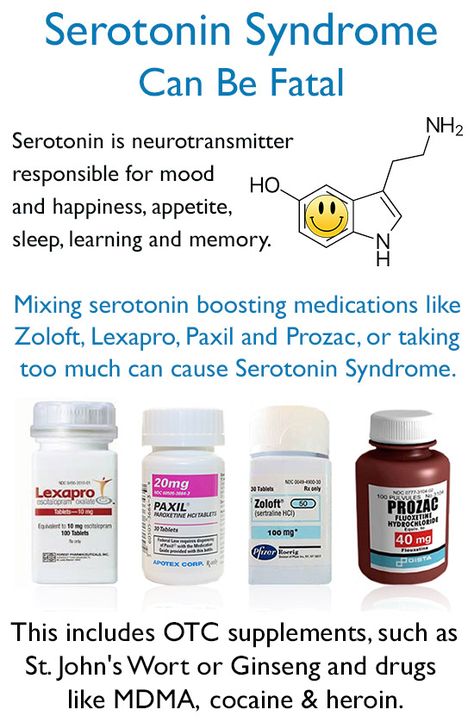
Around 50% of⁴ people with a generalized anxiety disorder will not respond to standard treatments, meaning that medication options that help these hard-to-treat conditions are desperately needed.
One double-blind⁵ study investigated the effects of Zoloft on people with panic disorder, with or without agoraphobia. The study found that Zoloft significantly reduced full and limited-symptom panic attacks.
Overall, the study concluded that Zoloft effectively treated people with panic disorder. It was also well-tolerated, with only 9% of participants ending treatment due to side effects.
Zoloft as a treatment for childhood anxiety
Zoloft is not only an effective anxiety treatment option for adults but has also demonstrated an ability to treat childhood anxiety.
A 2018 study⁶ investigated the effectiveness of both medication and cognitive behavior therapy in treating childhood anxiety disorders.
Overall, the study found that SSRIs significantly reduced anxiety symptoms in children and, specifically, a combination of Zoloft with cognitive behavior therapy significantly reduced anxiety symptoms.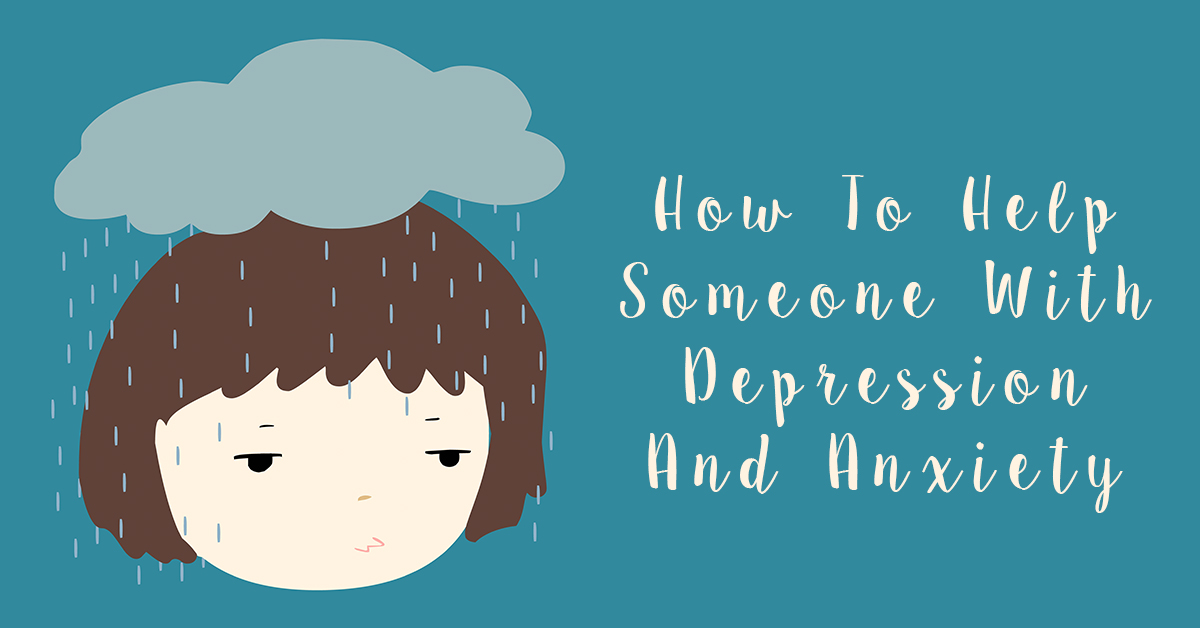
Psychiatric medications aren’t like pain killers, as they tend to take a few weeks to kick in.
If you’ve started Zoloft, you can expect to see a reduction in your anxiety symptoms after roughly two to six weeks.
Zoloft doesn’t start working for anxiety immediately after the first dose. It takes a while⁷ for the medication to start to block the process of recycling serotonin out of your system.
Zoloft and other SSRI antidepressants affect serotonin reuptake more and more over time (until maximum effects are reached). This means that your anxiety symptoms should gradually reduce as you continue to take Zoloft.
It’s important to remember that Zoloft works gradually and builds up, so you shouldn’t take more than your recommended dose if you’re not experiencing the results you want.
Talk to your doctor if you feel that your symptoms are not improving after 1–2 weeks. They’ll be able to advise you on the appropriate dosing.
How Long Do Anxiety Medications Take To Work? Here’s What You Need To Know
Zoloft can help reduce anxiety, but how will it make you feel?
Once you’ve been taking Zoloft for long enough to feel its effects, you should start to experience feelings of relief, relaxation, and calm as the weight of your anxiety begins to lift.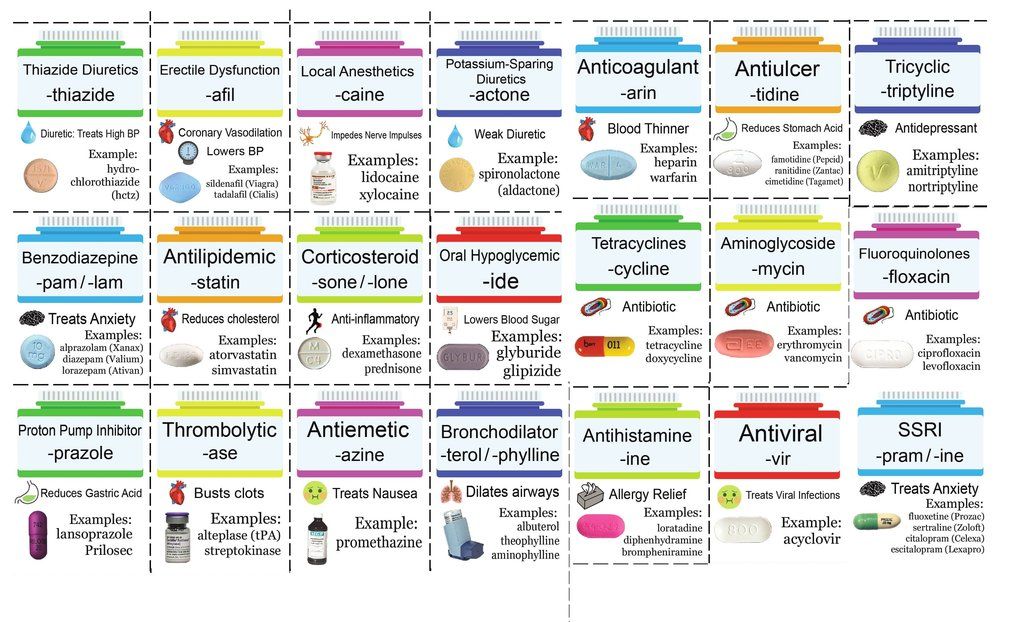
Some other changes that you might notice are an increase in your energy levels and appetite. You may also find that you start to get a better night’s sleep.
You might also notice an improvement in your motivation levels and overall quality of life. Some people even find that the medication completely fixes their anxiety symptoms.
It’s important to note that not all people experience Zoloft in the same way. While some may find their anxiety stops, others may only experience some lessening of symptoms.
Be sure to discuss how the medication is working for you with your doctor so that they can help to tailor your dosing and treatment plan to get you the best results.
As with most medications, Zoloft can cause some side effects, though it is largely considered to be well-tolerated.
However, it’s important to be aware of potential side effects so that you can consult your doctor if they do not settle down after a couple of days.
Some side effects from Zoloft may include:
Nausea
Loss of appetite or indigestion
Diarrhea
Excessive sweating
Tiredness or fatigue
Sexual performance issues, e.
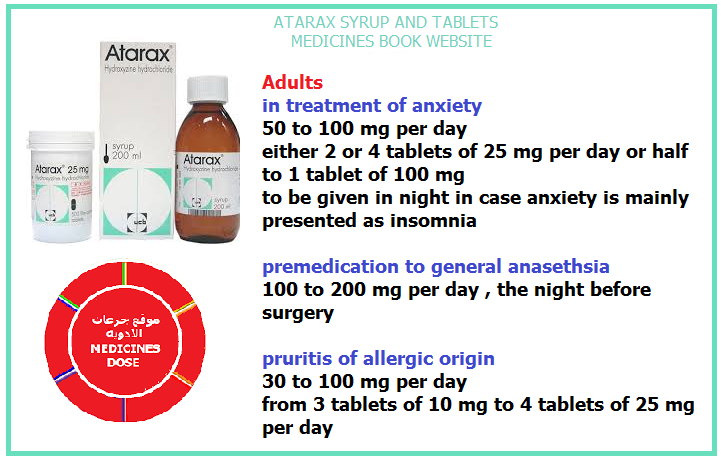 g., reduced sex drive, failure to ejaculate
g., reduced sex drive, failure to ejaculate Sleep disturbances, e.g., sleepiness or insomnia
Shaking hands
Increased agitation and irritability
There are also some specific side effects that you should look out for in children, including:
Nose bleeds
Urine problems, e.g., incontinence
Changes to menstruation, specifically heavier periods
Agitation or fidgeting
Aggressive or irritable behavior that is out of the norm
Changes to physical development, i.e., a child’s growth rate starts to slow down and/or experience slight weight loss.
Some potentially serious side effects⁸ can occur from Zoloft use.
Serious side effects can include:
Suicidal ideations
Impulsive and dangerous behavior
Worsening of depression and/or anxiety symptoms
Violent behavior
Seizures
Activation of mania, e.
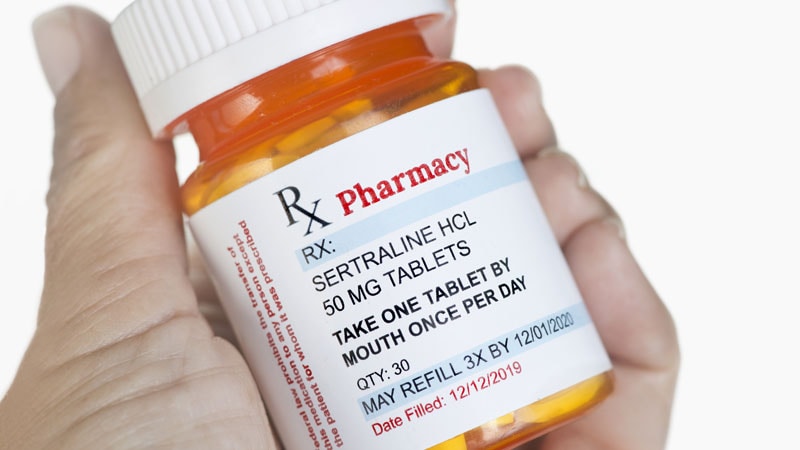 g., fast-paced and racing thoughts, extreme high and low emotions, excessive energy and talking, grandiose thinking
g., fast-paced and racing thoughts, extreme high and low emotions, excessive energy and talking, grandiose thinking An allergic reaction where typical symptoms include trouble breathing, a rash or hives, and swelling
Eye problems, e.g., blurred vision, red eyes, pain in the eyes
Serotonin syndrome with symptoms including hallucinations, agitated behavior, loss of consciousness/coma, increased heart rate, vomiting, and rigid muscles
If you experience any of these symptoms, you should contact your doctor or emergency services as soon as possible. We recommend discussing the risk of these side effects with your doctor and putting together an action plan in case they occur.
While Zoloft can offer some good anxiety-reducing effects, there are some people for whom the drug may not be a good match.
Conditions that can impact the effect of Zoloft include:
People with angle-closure glaucoma
People with angle-closure glaucoma conditions can experience an increase in glaucoma attacks if they take Zoloft. Therefore, they should talk to their doctor to determine if the SSRI is appropriate.
People with seizure conditions
Since seizures are already a potential side effect of Zoloft, the medication should be considered carefully in people with a seizure condition lest it increases their frequency or severity.
People with liver issues
Patients with liver problems should take care when starting Zoloft as they can experience stronger doses than normal due to their liver’s inability to break down the medication.
People with bipolar disorder
Bipolar disorder is a possible complication of Zoloft as you can experience a higher risk of manic symptoms.
It’s also good to be aware of certain medications that do not mix well with Zoloft. There are medications that, when taken alongside Zoloft, can:
Increase your risk of serotonin syndrome — monoamine oxidase inhibitors, linezolid, intravenous methylene blue, triptans, lithium, fentanyl, tramadol, and St John’s wort.
Cause you to develop heart rhythm problems — pimozide
Lead to bruising and bleeding — nonsteroidal anti-inflammatory medications, e.g., aspirin
Cause a build-up of medications (including Zoloft) in your system — cimetidine, tricyclic antidepressants
Before starting Zoloft
If your anxiety has got to the point where it is negatively impacting your everyday life, you may want to consider talking to your doctor about whether medication options like Zoloft might be the best treatment choice for you.
Symptoms of anxiety include:
Fatigue and inability to sleep
Irritability
Feelings of dread or fear
Hypervigilance and worry
Muscle tensions and jaw clenching/teeth grinding
Inability to focus
Feelings of restlessness
After starting Zoloft
If your doctor has prescribed you Zoloft, then you consult them should you suffer from any serious side effects that are not resolving.
It’s also important to talk to your doctor if you don’t feel like Zoloft is effectively reducing your anxiety – they may be able to increase your dosage or recommend a more appropriate treatment option for you.
Zoloft is an antidepressant medication that has demonstrated an impressive ability to treat anxiety conditions in children and adults.
Talk to your doctor about the potential benefits and side effects of Zoloft if you’ve noticed that your anxiety may need a little extra help.
How To Use Zoloft For Anxiety and Depression
Zoloft is the brand name for the drug sertraline, which is a selective serotonin reuptake inhibitor, or SSRI. Zoloft is an antidepressant and is commonly prescribed for the treatment of depression, but it can also be used to relieve symptoms of anxiety as well.
When you use Zoloft properly, it may be highly effective at bringing you relief from your symptoms, and it is important to be patient when using Zoloft as it can take several weeks for the effects to be felt.
Whether you are just starting to take Zoloft, your provider has recommended Zoloft, or you’re wondering if Zoloft might be a good fit for you, this guide to using Zoloft for anxiety and depression has all of the information you need.
Remember that only a mental health practitioner can prescribe Zoloft for depression or anxiety. Brightside Health providers are available to help you—with appointments available within 48 hours.
Want to speak 1:1 with an expert about your anxiety & depression?
Start with a free assessment
What is Zoloft? How does it work?
Many individuals report that Zoloft helps their anxiety and depression. Selective serotonin reuptake inhibitors such as Zoloft work in your body by preventing the reabsorption of serotonin, and the prevention of this process results in higher levels of serotonin available for use in your brain.
Serotonin is one of many chemicals that have been associated with depression, anxiety, panic, and obsessive-compulsive symptoms, and these symptoms are thought to be correlated with an imbalance of neurotransmitters like serotonin.
Zoloft is FDA-approved for the treatment of:
- Depression
- Obsessive-compulsive disorder (OCD)
- Panic disorder
- Social anxiety disorder
- Post-traumatic stress disorder
- Premenstrual dysphoric disorder
Your provider may also recommend Zoloft to treat other mental health conditions.
Like many forms of prescription antidepressant medication, Zoloft can cause some mild side effects, which are often only temporary. Some individuals have no side effects at all.
Common side effects associated with Zoloft include:
- Drowsiness or tiredness
- Agitation
- Sweating
- Shaking or tremors
- Sleep disturbances, such as difficulty falling asleep
- Decreased sex drive or other sexual problems
When you begin taking Zoloft, you should make sure to consult your provider if you experience any new or worsening symptoms, such as:
- Changes in your mood or behavior
- New or worsening anxiety and new or worsening panic attacks
- Impulsivity, irritability, aggression, or hyperactivity
- New or worsening depression
- Suicidal thoughts or thoughts about harming yourself
Part of using your medication properly involves making sure that you speak to your provider if you are experiencing side effects that concern you, or that indicate that your body may not be tolerating your medication. Abruptly stopping Zoloft may result in withdrawal symptoms that may be serious.
If a change in dose or a change in medication is necessary, your provider will work with you to come up with a tailored treatment plan regarding this shift.
How do I use Zoloft for anxiety and depression?
When it comes to how you should be taking Zoloft, it is especially important to make sure that you are carefully following any specific instructions that your provider gives to you. Your provider may provide you with directions that pertain to your specific situation and needs, and these directions may differ slightly from instructions that are provided on the medication guide or the label of the drug itself, so you should first and foremost make sure to listen to your provider.
Your dosage may depend on a number of factors, including drug interactions with other medications and the details of your primary diagnosis.
If your provider simply instructs you to abide by the instructions on the drug label, you should carefully read and follow the proper usage guidelines on the label of your medication. Take care not to take too much or too little of your medication, and make sure you are taking your dose at the appropriate frequency, too. Pay attention to instructions on the best time of day to take Zoloft for anxiety or depression.
There are some general guidelines to follow for proper usage of Zoloft regardless of your specific instructions. Zoloft can generally be taken with or without food, and it is often recommended to take your dose once a day. Typically, the dose will not exceed 200 milligrams per day, but if your dose needs to be adjusted your provider will work with you to do so.
Like many other antidepressants, Zoloft may take 4 to 6 weeks to begin producing noticeable improvements in your symptoms. This is because it can take some time for the drug to build up in your body and produce its full effects, and this is why patience is key. Once the medication gets fully into your system, you will have a better idea if Zoloft is good for your anxiety, or if a change is indicated.
If you have questions about this process or if you believe that your medication is not working for you, you should consult your provider to see if you should wait it out or if a change in dosage or medication is necessary. Typically, your provider will start you out on a dose that is towards the lower end of the range and if this dose does not work for you, your provider will slowly increase it.
If you think you could benefit from anxiety and depression medication, Brightside Health is here to offer you the care you deserve, with unlimited access to psychiatric experts, evidence-based therapy, and data-driven prescribing—all from the comfort of your own home.
Medication can even be delivered right to your doorstep, making treatment easier and more accessible than ever.
If you are ready to get started on the path to feeling a little more like yourself again, you can get started today. Start with a free assessment.
The bottom line
Zoloft is an antidepressant that is commonly prescribed for the treatment of depression, generalized anxiety disorder, panic disorder, and other anxiety disorders. Zoloft is the brand name for sertraline, and it belongs to the class of drugs known as selective serotonin reuptake inhibitors. Selective serotonin reuptake inhibitors work in your body by preventing the reabsorption of serotonin from taking place, and this, in turn, results in higher levels of serotonin in your brain which can work to bring you relief from your symptoms.
When it comes to using Zoloft properly, you should always take care to follow any specific instructions from your provider, as well as any instructions that are included on the label of your medication. Taking too much or too little of your medication, or taking your medication too often, can result in adverse effects.
If you ever have questions or uncertainties about your medication, consult your provider for clarification.
Sources:
Sertraline | Michigan Medicine
Sertraline (Oral Route) Proper Use | Mayo Clinic
Sertraline (Zoloft) | National Alliance on Mental Illness
Zoloft instructions for use: Side effects, analogues, contraindications
THERE ARE CONTRAINDICATIONS.Author
Khokhrina Kristina Sergeevna,
Provisor
All authorsContent of Article
- Zoloft: active substance
- Zoloft: Side effects
- Goloft: Contraindications
- ZoloFT and alcohol
- 0014
- Zoloft: how to stop drinking it
- Zoloft: analogues
- Abstract
- Ask an expert on the topic of the article
According to WHO estimates, 3.8% of the total population, which is 280 million people, suffer from depression. Among them, 5% of adults and 5.7% of persons over 60 years of age. More than 700,000 people die each year from suicide due to depression. Depression is treatable with medication.
Doctors prescribe antidepressants. Zoloft is one of them. We asked pharmacist Kristina Khokhrina to tell us in more detail: what side effects it can cause, what active ingredient, contraindications, overdose, is the drug compatible with alcohol and how to stop drinking it.
All products Zoloft27 reviews
Zoloft: active ingredient
Zoloft contains the active ingredient - sertraline in the form of hydrochloride. It is produced in tablets with a dosage of 50 mg and 100 mg. Zoloft is an antidepressant. It is used to treat and prevent depression caused by various causes. And also when:
- obsessive-compulsive disorders
- panic disorders
- post-traumatic stress disorder
- social phobias
How Zoloft works
Zoloft helps to eliminate depressive manifestations:
- relieves anxiety
- normalizes sleep
- reduces somatic manifestations: palpitations, disruption of the gastrointestinal tract, increased excitability.
Zoloft does not cause dependence on the drug and does not lead to weight gain in humans.
Zoloft side effects
Monitor your condition closely while using the medicine. If you experience side effects that are not described or if symptoms worsen, contact your doctor immediately.
Zoloft: side effects
- flatulence, nausea, vomiting, diarrhea, constipation, abdominal pain, dry mouth
- increased heart rate, increased blood pressure
- arthralgia, muscle cramps
- gait disturbance, teeth grinding, drowsiness, syncope, headache, migraine, tremor, insomnia, anxiety, hallucinations, psychosis, nightmares, decreased libido, suicide, coma
- yawning, bronchospasm
- bedwetting, urinary retention during the day
- hepatitis, jaundice
- decrease in potency, disruption of the reproductive system, menstrual cycle disorders in women
- visual impairment
- thyroid disorder
- urticaria, pruritus, anaphylactic shock
- flushing, tinnitus, loss of appetite and others
Zoloft: contraindications
- hypersensitivity to any component of the formulation
- concomitant use of monoamine oxidase inhibitors and pimozide
- pregnancy and lactation
- children under 6 years of age
Caution must be taken in: mental retardation, epilepsy, renal and / or liver failure, marked reduced body weight.
Zoloft and alcohol
Alcohol is not recommended to be taken with the medicine. Its action can increase side effects and lead to overdose.
How to recognize depression is described in the article "Beck Test for Depression"
Zoloft: overdose
Zoloft overdose occurs when used simultaneously with alcohol or other incompatible drugs. With such combinations, severe poisoning can occur, up to coma and death. Overdose symptoms are:
- nausea
- vomiting
- drowsiness
- increased heart rate
- dizziness
- psychomotor agitation
- diarrhea
- excessive sweating
Hospital observation and constant monitoring of vital signs will be required. When first aid is not recommended to induce vomiting, it is better to give activated charcoal.
Zoloft: how to stop drinking it
"Withdrawal" syndrome is rare. Nevertheless, it is necessary to discuss with the doctor a decrease in the dosage of the drug. Since the termination of treatment is possible:
- symptoms of depression
- hallucinations
- aggression
- anxiety
- psychosis
Particular attention should be paid to the fact that after the end of the use of Zoloft, within 14 days, you should not take drugs related to monoamine oxidase inhibitors.
Zoloft: analogues
Zoloft has about 10 names of analogues of the active substance. All medicines are prescribed and prescribed by a doctor. Therefore, to choose a remedy or replace your own, consult your doctor first.
Zoloft and Atarax: compatibility
The combined use of these drugs increases the side effects. This manifests itself in the form of dizziness, drowsiness and confusion. Elderly people have difficulty in thinking and coordinating movements.
Do you want to understand analogues of drugs in order to skillfully select drugs for your budget? Our manual from expert pharmacists "Analogues of popular drugs" will help you with this! Getting a training manual is easy: subscribe to our social networks and write “analogues” in the messages.
Megapharmacy in social networks: VKontakte, Telegram, OK
Summary
- Zoloft is an antidepressant that is taken to prevent and treat depression and other disorders.
- Zoloft may have a significant number of side effects.
- The active substance is sertraline, dosage in tablets of 50 mg or 100 mg.
- Zoloft has contraindications that should be taken into account when prescribing it.
- The use of alcohol in conjunction with Zoloft is not recommended to avoid overdose symptoms.
- An overdose of the drug occurs when used simultaneously with certain drugs and alcohol.
- Zoloft is not usually addictive, but you should consult your doctor before stopping it.
- Zoloft has several analogues, but only a doctor can replace them.
Ask an expert about the topic of the article
Still have questions? Ask them in the comments below and our experts will answer you. There you can also share your experience with other readers of Megasovets.
Share the mega tip
Like this article? Tell mom, dad, grandma and aunt Galya from the third entrance
Copy link
Zoloft for anxiety: is Zoloft for anxiety good? When does he start working? - Product Information
Home >> Product Information >> Zoloft for Anxiety: Is Zoloft Good for Anxiety? When does he start working?
Product Information
Living with anxiety can make everyday life difficult. Fortunately, there are many anxiety treatment options that can help people manage their symptoms. Zoloft is one of the medicines that can help. In this guide, we will explain to you what Zoloft is and how to take it for anxiety.
Taking Zoloft for Anxiety
Anxiety is a common condition that affects people all over the world. An estimated 31% of all adults will experience an anxiety disorder at some point in their lives, and the SingleCare Anxiety Survey 2020 found that 62% of respondents experienced some degree of anxiety. Zoloft is the brand name for a generic drug called sertraline. This is a type of antidepressant called a selective serotonin reuptake inhibitor (SSRI) that treats anxiety by slowing the reabsorption of serotonin. Zoloft Treats Several Mental Illnesses:
What is the correct dosage of Zoloft for anxiety?
The correct dosage of Zoloft for anxiety depends on the degree of anxiety and the presence of other diseases in the patient. However, in general, the initial therapeutic dosage of Zoloft for anxiety is 25 mg or 50 mg per day.
Zoloft tablets are available in three strengths: 25 mg, 50 mg and 100 mg. The maximum dose of Zoloft is 200 mg per day (which can be taken as two 100 mg tablets).
Most studies suggest that the most effective dose of Zoloft is 50 mg per day. This dose has been proven to be the most effective and tolerated for most patients. For people who do not respond to 50 mg per day, the doctor may advise increasing the dose of Zoloft by 50 mg per day at weekly intervals up to a maximum of 200 mg per day. For example, a doctor may recommend taking 50 mg per day for one week, then 100 mg per day for one week, etc.
Zoloft is also available in liquid form as an oral solution. The oral solution is a clear, colorless solution with a menthol odor that contains 20 mg sertraline per ml at 12% alcohol. Supplied in a 60 ml vial with a calibrated pipette with 25 mg and 50 mg graduations. Zoloft Oral Solution must be mixed (immediately before use) with 4 ounces of water, orange juice, lemonade, ginger ale, lemon, or lemon soda before drinking.
When does Zoloft start to deal with anxiety?
Zoloft does not work immediately, so do not stop taking Zoloft if your symptoms do not improve immediately. It takes two to six weeks to start reducing anxiety symptoms. Some people may experience a reduction in anxiety symptoms during the first week of taking Zoloft, but this should not be expected for everyone.
How do you feel about Zoloft?
According to the National Alliance on Mental Illness, some of the first signs that Zoloft is working are improved sleep, energy, or appetite. These improvements may occur one to two weeks after taking the medication.
More significant changes, such as reduction in depression or restoration of interest in daily life, may take six to eight weeks. Over time, many people will notice a significant difference in their anxiety symptoms, and for some, the symptoms may not go away at all.
Side effects
Here are the most common side effects you may experience when you start taking Zoloft:
- Headache
Warnings
Zoloft also contains a black box warning about suicidal thoughts and behavior. Short-term studies have shown that antidepressants increase the risk of suicidality in children, adolescents, and young adults compared to placebo. / or suicidal thoughts or behavior.
The FDA also cautions patients against taking sertraline (Zoloft) if they are pregnant, nursing, have pre-existing vision problems (sertraline makes patients more susceptible to developing glaucoma), and patients with bipolar disorder who are also not taking mood stabilizers.
Interactions
Talk to your doctor about how to take Zoloft if you are taking any of the following medicines:
- Other drugs that increase the level of serotonin due to riskatoninine syndrome
- Disuphirs
- Triptans
- Lighting blood, such as warfarin
- NSAIDs, such as Ibuprofen 9004
- 9004 900
- Parnate (tranylcypromine)
- Marplan (isocarboxazid)
- Azilect (rasagiline)
- Emsam (selegiline)
- Orap (pimozide)
Zoloft taken with monoamine oxidase inhibitors (MAOIs) or other drugs that increase serotonin levels (such as other antidepressants, triptans, and dextromethorphan found in cough and cold products) can cause serotonin syndrome, a life-threatening emergency, which can cause hallucinations, convulsions, coma, tremors, delirium and other serious side effects.
What is the most effective antidepressant for anxiety?
There is no single antidepressant that best treats anxiety. What works for one person may not work for another. Depressive symptoms will disappear completely in about 1 out of every 3 people who take SSRIs, but more research is needed to find out why SSRIs work for some people and not for others. Your healthcare provider will best ask you which antidepressant will work best for you.
Other SSRIs may be effective for anxiety, such as Prozac, Celexa, or Paxil, but each has some side effects, such as decreased libido and weight gain, says Odin Naidoo, M.D., a psychiatrist at Massachusetts General Hospital in Boston. “Benzodiazepines are very effective in the short term as long as they are under medical supervision, but they are potentially addictive and should be used with great caution and only as a short-term intervention, such as grief following the death of a family member,” he says. Dr. Naidu.
75mg/day with meals Nausea, dry mouth, drowsiness Get coupon Prozac (fluoxetine) An SSRI used to treat major depressive disorder, panbulimia nervosa, panbulimia nervosa. 20mg/day Nervousness, insomnia, nausea Get coupon Lexapro (escitalopram) An SSRI that treats generalized anxiety disorder and major depressive disorder. 10-20mg/day Insomnia, nausea, decreased libido Get a coupon Xanax (alprazolam) Benzodiazepine, which relieves short-term anxiety 9037 times dayXanax is a controlled substance due to the potential for abuse or dependence. Get coupon Paxil (paroxetine) An SSRI that treats depression and other psychological conditions. 20 mg/day Nausea, drowsiness, dry mouth, sexual side effects, headache, weakness Get a coupon Celexa (citalopram) SSRI, which is also commonly prescribed for depression, but also prescribed by doctors may prescribe it to relieve symptoms of anxiety. 20 mg / day Insomnia, nausea, fatigue, increased sweating, dizziness, dry mouth Get Coupon As mentioned earlier, your PCP is the best person to ask about how to treat your anxiety.
Learn more


